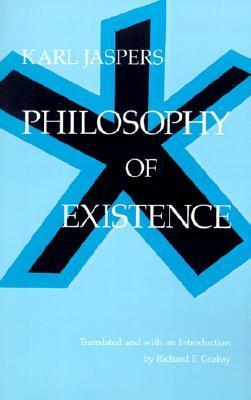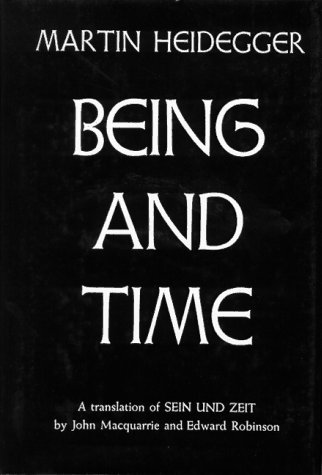
Philosophy of Existence
Book Description
In a world teetering on the brink of existential despair, "Philosophy of Existence" shatters illusions and challenges the very foundation of human thought. Karl Jaspers peers into the abyss of existence, unraveling the intricacies of freedom, truth, and the essence of being. Each page pulses with the raw intensity of human experience, evoking intense emotions and stirring the intellect. As he navigates the labyrinth of existence and self-discovery, profound questions arise: What does it mean to truly live? Can one find purpose amid chaos? Dive deep into the philosophical storm and confront the unanswerable—are we the authors of our fate?
Quick Book Summary
In "Philosophy of Existence," Karl Jaspers interrogates the deepest questions of human being and meaning. He seeks to bring readers to an understanding of ‘existenz’—authentic existence—by exploring themes like the boundary situations, personal freedom, communication, and the search for transcendence. Jaspers emphasizes the limitations of objective, scientific knowledge for truly grasping existence; rather, he argues that authenticity comes from confronting uncertainty and anxiety head-on. The book is a clarion call to break through superficialities, engage in deep self-reflection, and take responsibility for one's life. In a world rife with despair and alienation, Jaspers insists that the individual must embrace ambiguity and create meaning through philosophical inquiry, openness toward others, and transcendence. Ultimately, "Philosophy of Existence" is both an invitation and a challenge to live deliberately, confront the unanswerable, and author one’s fate.
Summary of Key Ideas
Table of Contents
Existenz and Authentic Living
Karl Jaspers begins by questioning the very core of human experience—what it means to truly exist. He introduces the concept of ‘existenz,’ a form of authentic being that emerges when individuals confront themselves honestly and live in accordance with their true selves. For Jaspers, authentic existence is realized not by conforming to external pressures or societal expectations, but by bravely facing one’s own freedom, responsibility, and the ambiguity of life. This authenticity is both a challenge and a possibility, catalyzing self-discovery in the individual.
Boundary Situations and Crisis
Jaspers develops the idea of ‘boundary situations’—crucial moments or crises such as suffering, conflict, guilt, and death that confront individuals with the limits of their being. These situations force a recognition of human vulnerability and finitude. While uncomfortable, they are essential, offering opportunities for transformation and existential growth. The confrontation with these unavoidable realities exposes illusions and strips away inessentials, compelling us to make existential choices.
Limits of Rational Knowledge
In his critique of scientific objectivity, Jaspers acknowledges the immense progress and utility of rational knowledge but asserts that it cannot capture the fullness of human existence. He argues that life’s most profound questions—about meaning, being, and purpose—transcend the reach of empirical investigation. Philosophy, in his view, functions not as mere logical analysis, but as a passionate pursuit that embraces uncertainty and subjective experience. For Jaspers, the limits of knowledge point us toward deeper, existential inquiries.
Communication and Interpersonal Openness
A central theme in the book is the importance of communication—not simply the exchange of information, but genuine, open dialogue that enables individuals to encounter each other authentically. Jaspers believes that existence is fundamentally intersubjective: we realize ourselves most fully in honest relationships with others. The endeavor to communicate across differences, while often fraught with misunderstanding, is essential to self-discovery and mutual recognition.
Transcendence and the Search for Meaning
Jaspers concludes by grappling with the concept of transcendence—the sense that ultimate truth or meaning cannot be fully grasped within the confines of human experience. This drive toward transcendence underpins all existential questioning and reveals a dimension to life that is both liberating and humbling. Rather than offering definitive answers, Jaspers invites readers to embrace the questions themselves and to live with philosophical openness. “Philosophy of Existence” ultimately urges us to embrace ambiguity, take responsibility for our freedom, and seek authentic meaning even in the face of uncertainty.
Download This Summary
Get a free PDF of this summary instantly — no email required.





